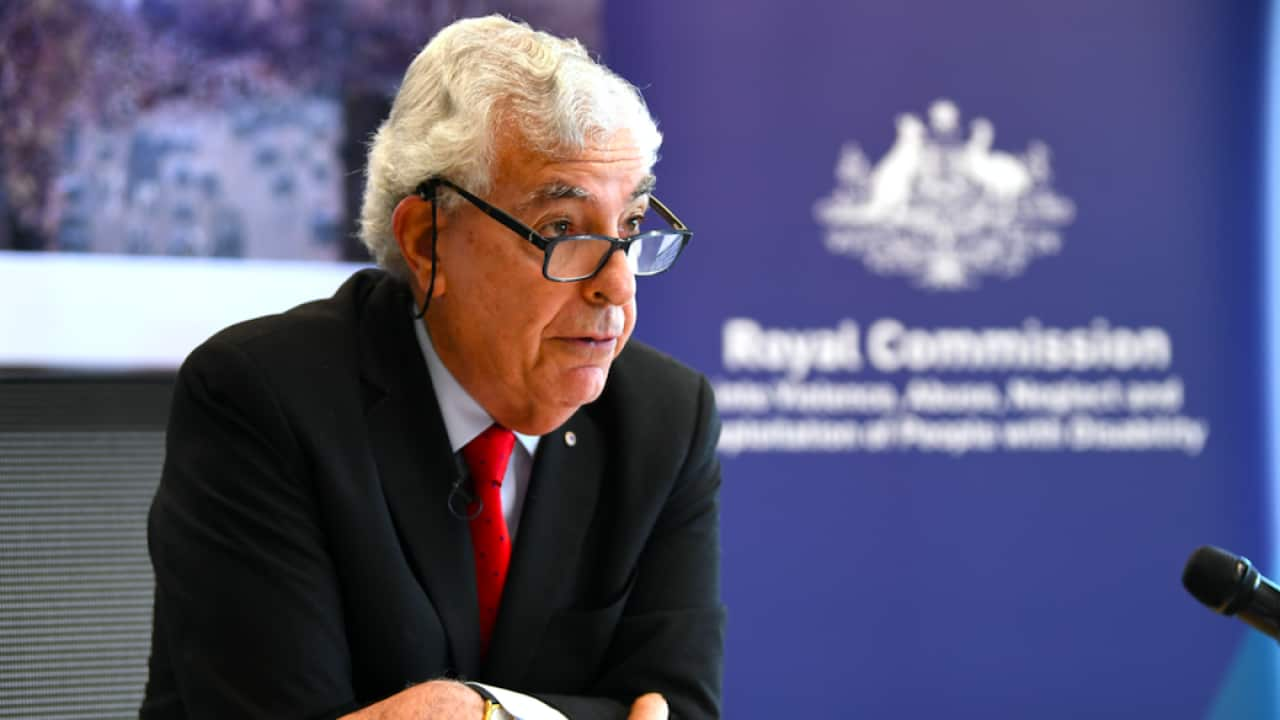The disability royal commission has added its voice to a chorus of concern around the handling of the Omicron wave of COVID-19 and its effect on people with disability in Australia.
In a released on Thursday, the Royal Commission into Violence, Abuse, Neglect and Exploitation of People with Disability said it was troubled by reports of the “significant impact” the Omicron variant and the government policies around it were having on the health, safety, and wellbeing of people with disability.
People with disability and others who are immunocompromised settings in recent months by what they say are cavalier government attitudes to the Omicron wave.
COVID-19 infections and difficulties accessing various equipment and tests have led to , leaving vulnerable people without vital services and support.
The royal commission said many of the questions and concerns it posed near the start of the pandemic nearly two years ago have returned.
“We have heard that the more virulent Omicron variant, combined with the significant easing of restrictions in many states and territories in late 2021 as part of the strategy of ‘living with COVID’, has created problems for people with disability,” it said.
“People with disability often rely on family, friends, and support workers to provide essential services. We have been told that during the current phase of the pandemic, many of these people have not been able to provide their usual support.”
Chair Ronald Sackville said people with disability must be afforded appropriate protections against COVID-19 in a timely manner.
“The pandemic continues to expose the underlying inequities, discrimination, and exclusion that people with disability experience in the delivery of fundamental services and supports,” Mr Sackville said in a statement.
The royal commission said it was working to gather more information to allow it “to respond appropriately” as there were still major gaps in publicly available data around how authorities were protecting people with disability.
“While the Australian government and related agencies have provided certain data and some information concerning plans to protect people with disability from the Omicron wave, there are still significant gaps”.
Advocacy groups have alleged throughout the pandemic that people with disability had been neglected, not adequately consulted or considered, and de-valued by authorities reporting COVID-19 deaths .
A disability royal commission report found last year said the cohort had been “de-prioritised” for vaccination, .
A spokesperson for Health Minister Greg Hunt said the government "has always put the health and safety of all Australians, including those with disability, at the front of our COVID-19 pandemic response".
"We have one of the lowest loses of life in the world, and the measures we implemented continue to protect the lives and livelihoods of Australians and their families," they said in a statement.
The Commonwealth has to date provided 1.2 million rapid antigen tests (RATs) to disability care, they added.
Acting National Disability Insurance Scheme Minister Anne Ruston said the government welcomed the commission's statement and would look to make a submission to it in the near future.
Senator Ruston said the number of COVID-19 infections and deaths of NDIS participants - a cohort which does not cover the entirety of Australia's disability community - had been lower than in the general population, and the government had sought to prioritise access to vaccinations, make provisions for protective equipment and RATs, and put workforce supports in place.
"Seventy-five per cent of NDIS participants in residential accommodation have already received a booster through the Commonwealth in-reach program or through community access, tracking significantly higher than the general population," she said in a statement.
She said more than $666 million in advance payments had been made to NDIS providers at the beginning of the pandemic to ensure their viability.
People with disability, their families, and support workers are encouraged to contact the royal commission to share their experiences. More information is available at .




